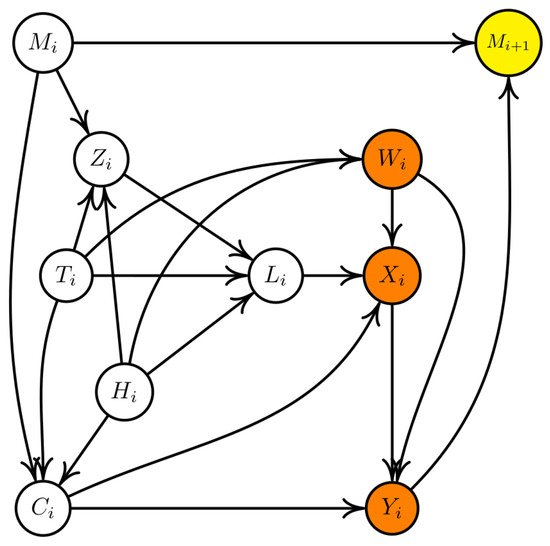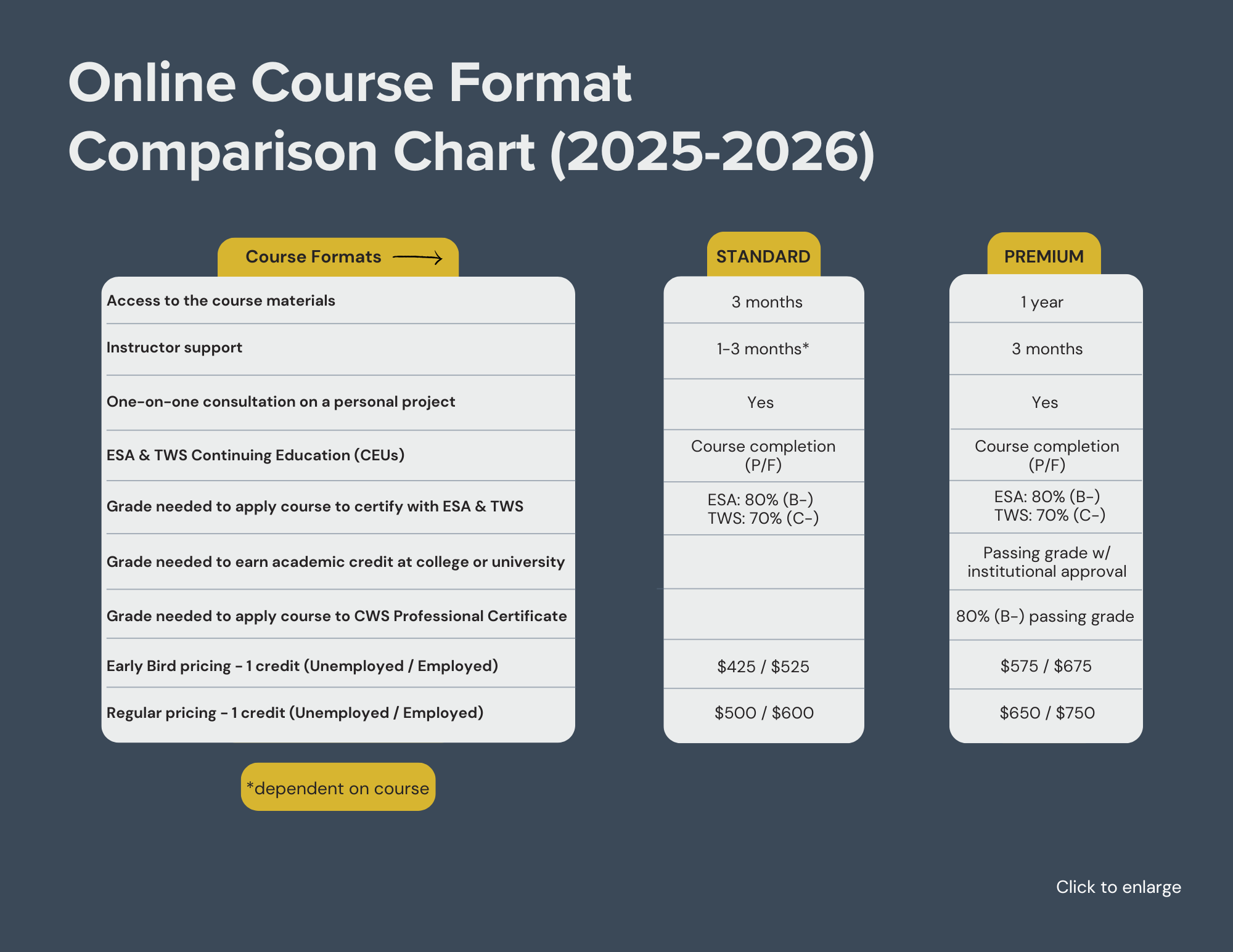-
This course is designed to provide the fundamental understanding and developing Bayesian Causal Network (BCN) models for integrative analyses. A BCN refers to a probabilistic graphical model, specifically a Bayesian network (also called Bayesian Belief Network), designed to represent causal relationships between multiple variables in complex systems. BCN modeling is advantageous when dealing with many interconnected variables (multivariate) where direct cause-and-effect relationships might not be readily apparent; it allows for the analysis of how changes in one variable can influence others within the system, taking into account uncertainties and dependencies between variables. The initial model can be useful to determine leverage points for interventions. Due to the stability of most complex systems, the model can also predict possible outcomes based on changes to the variables or their intensity when testing interventions.
This course will walk you through the development of multiple stages of BCN modeling, including a decision net (which optimizes decisions) and an influence net. Additionally, simple BCN will be created in the third module and added to in the final module, resulting in a more complex aggregate model. This process will enable you to predict, monitor, and update your model indefinitely. You will become proficient in using the software Netica, and the modeling process used in Netica is applicable to most Bayesian network software currently available.
-
Learn at your own pace with instructor support (see Online Course Format Chart below for details).
Spring: March 2 - May 24, 2026 (Early bird ends February 1)
*Save $75
-
No prior experience with Bayesian statistics is expected.
-
Various publications, webpages, and other resources introduced throughout the course
Recorded and print lecture materials
Tutorial videos and written materials
-
MAIN COURSE OBJECTIVE
To become proficient in using Netica to conduct Bayesian Causal Network (BCN) operations, model strategic outcomes, and update BCN models so that models can be used for current and future analysis.
Module 1: Introduction to Bayesian causal network (BCN) modeling concepts
Objective: To understand the basis for Bayesian networks as well as their applications and to lay the foundation for model development.
Outcomes:
Develop a foundation for applying Bayesian networks
Researching uses and frameworks for BCN to guide your design
Discussion of research topics you will be considering for BCN use
Annotated bibliography
Module 2: BCN preparation and Decision Nets
Objective: To lay the structural foundation for a Bayesian network.
Outcomes:
Install and load Netica®
Create an influence diagram
Create a Decision Net
Module 3: Setting up a basic Bayesian network
Objective: Developing proficiency in creating a functional Bayesian networks
Outcomes:
Creating a Bayesian Causal Network
Simplifying the network
Calibrating the network
Sensitivity analysis
Module 4: Expanding and modifying your Bayesian network
Objective: Aggregating to the model and updating with new information
Sensitivity analysis
Scenario testing
Final model acts as the final exam
Module 5: (optional) Applied project creating your own applied Bayesian network
COURSE OPTIONS & INFORMATION (Review chart above, then click below)
-
FORMAT:
3 months of access to course materials as you work at your own pace
Get instructor support for the 3-month term via email, discussion threads, group meetings, and one-on-one appointments
After working through the course materials, set up an optional meeting with the instructor to discuss your own personal project from work or school
CONTINUING EDUCATION:
16 CEUs with The Wildlife Society
Go to our Continuing Education Page for more details
CERTIFICATIONS:
Earn 1 credit toward certification as an Associate/Certified Wildlife Biologist® (at any level) with The Wildlife Society
Go to our Academic Credit Page for details
-
FORMAT:
12 months of access to course materials as you work at your own pace
Get instructor support for the 3-month term via email, discussion threads, group meetings, and one-on-one appointments
After working through the course materials, set up an optional meeting with the instructor to discuss your own personal project from work or school
CONTINUING EDUCATION:
16 CEUs with The Wildlife Society
Go to our Continuing Education Page for more details
CERTIFICATIONS:
Earn 1 credit toward certification as an Associate/Certified Wildlife Biologist® (at any level) with The Wildlife Society
Earn 1 credit towards a professional certificate in Applied Quantitative Ecology with CWS
ACADEMIC CREDIT:
Earn 1 academic credit (go to our Academic Credit Page for details)
Earn an additional 1-2 academic credits with an Applied Project
Instructor
Dr. Mira Mishkin
Environmental Geographer
SCHOLARSHIPS
Full scholarships are available to participants from countries designated as “lower income” and “lower middle income” in the World Bank List of Economies. Please see our CWS World Scholars Program page for details.
CANCELLATION POLICY
Cancellations 30 days or more before the start date are not subject to cancellation fees. Cancellations <30 days before the start date are subject to a 50% cancellation fee. No refunds once the course begins.




